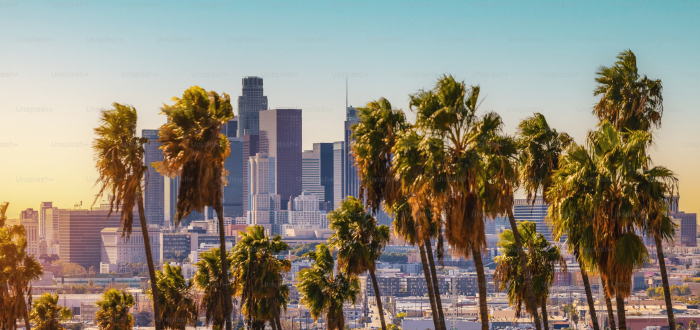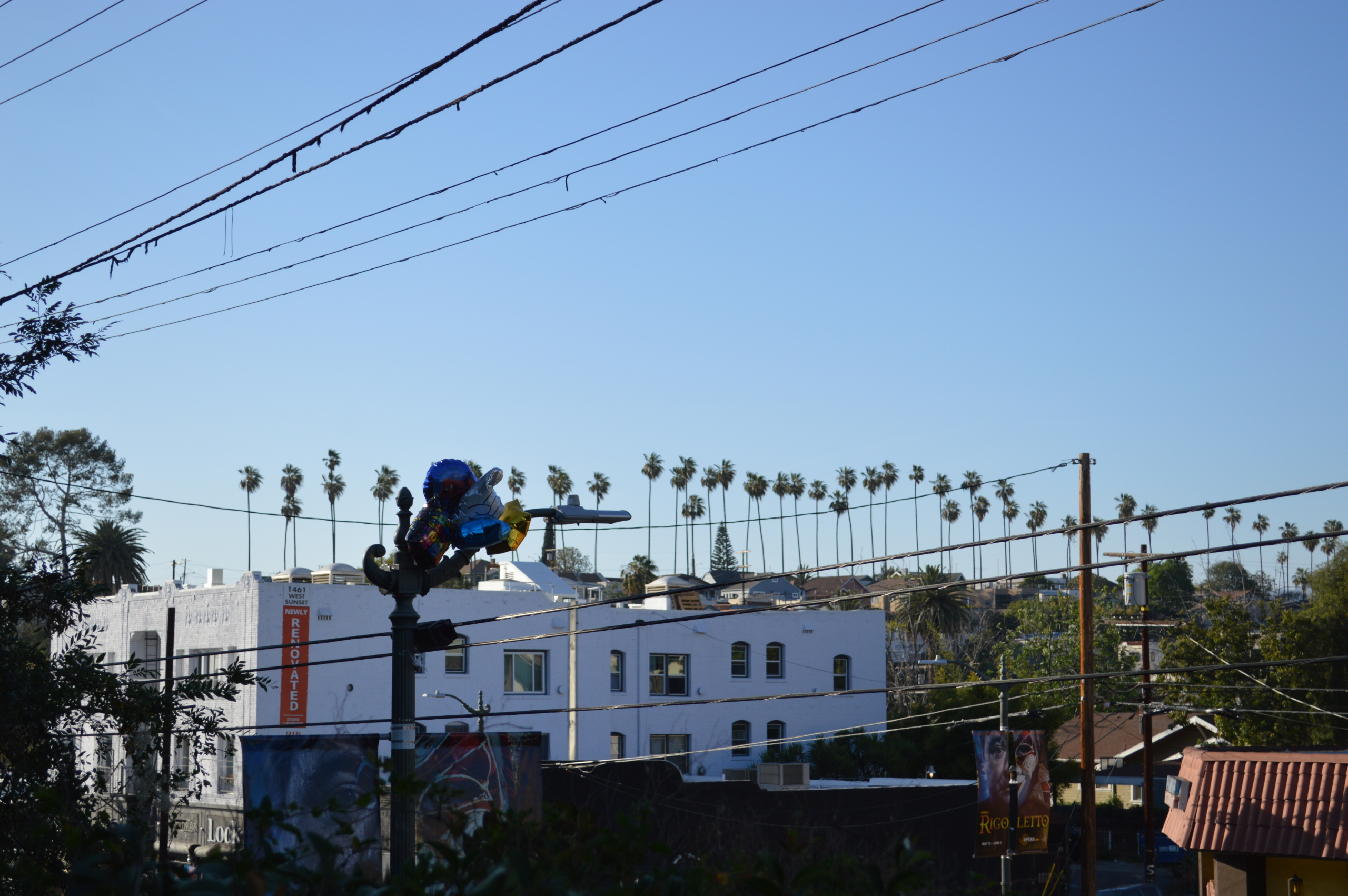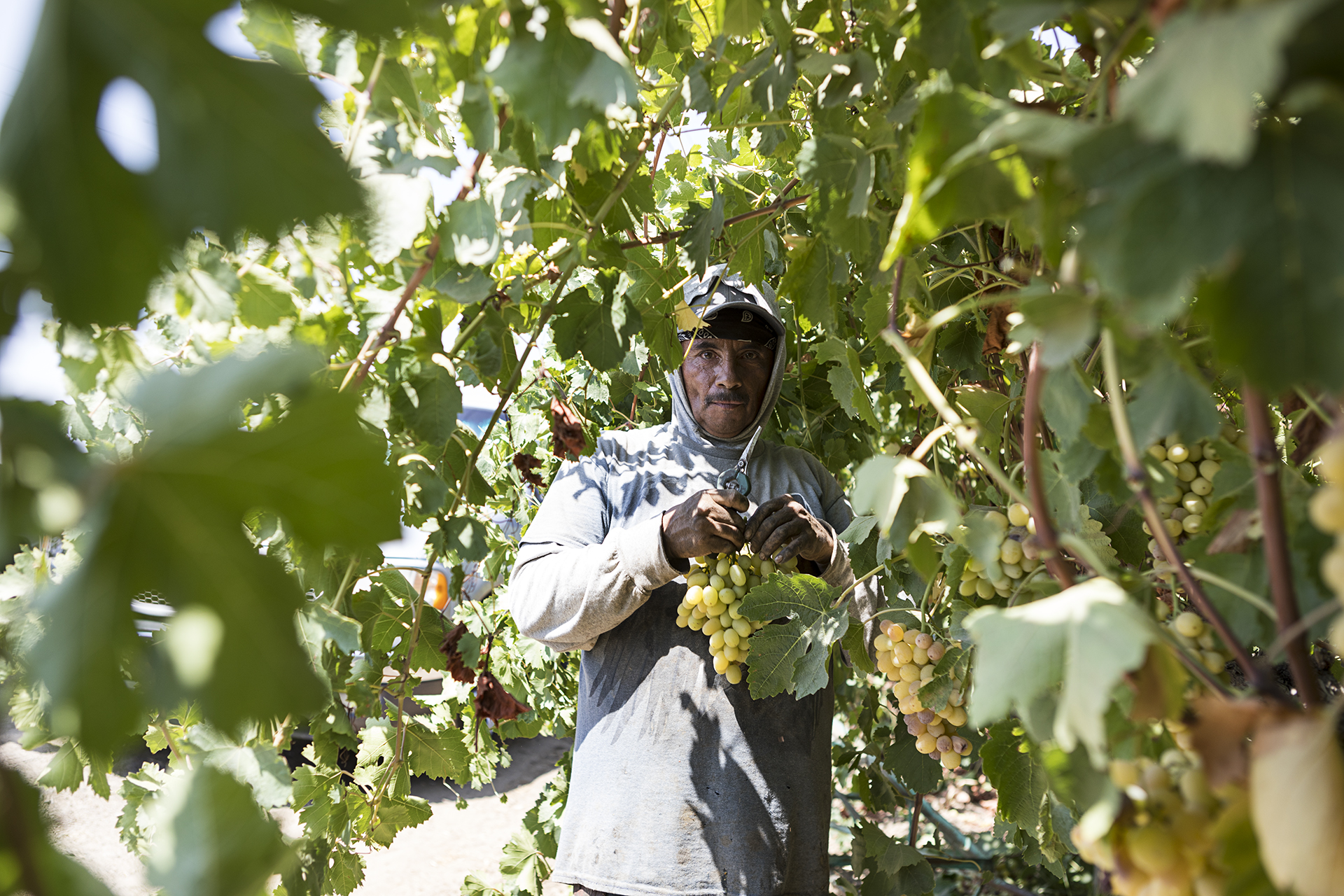
On January 7, 2025, a series of wildfires driven by climate change raged across Los Angeles County. The fires displaced nearly 200,000 residents, destroyed thousands of homes and businesses, tragically claimed the lives of at least 24 people, and burned 44,000 acres of land. The devastation is immense, projecting $275 billion in damages, one of the costliest climate disasters in California’s history.
These are not isolated or unexpected incidents. Wildfires are part of a larger pattern of extreme weather disasters that are escalating due to climate change. Rising temperatures, prolonged droughts, and intensified wind patterns have transformed California into more of a fire-prone landscape, with wildfires increasing in size, frequency, and severity.
In response to the wildfires, The Solutions Project acted quickly to support our grantee partners. We committed an initial pool of $50,000 in unrestricted emergency response funds for our Los Angeles-based grassroots grantees to help those directly impacted by the wildfires. These funds support mutual aid providing immediate relief aligned with long-term recovery strategies.

While wildfires affect everyone in their path, it’s important to acknowledge that climate disasters disproportionately impact Black, Indigenous, Latine, low-income and working class, and other communities of color, for example:
Among the fires, the Eaton Fire, has devastated Altadena, a historically Black community where residents built businesses, families, and intergenerational wealth.
For The Solutions Project’s President and CEO, Gloria Walton, the devastation hits close to home. She has deep ties to both Altadena and Los Angeles — where she was a long-time organizer for economic and climate justice.
“Altadena was once my home. I lived in a Spanish bungalow by the mountains that I called the secret garden, because I had an orange and papaya tree, herbs, grapes, and a little pond with koi fish. I shared the fruits from my garden with neighbors. Most had been there for years and became lifelong friends. We looked out for each other in our times of need, celebrated successes and knew each other’s families. We were grounded in the land we cultivated together. This was my home and my community – full of love, culture, and resilience.
Seeing the devastating wildfires tear through my hometown, taking lives and displacing all those neighbors and families, has been heartbreaking. But I take hope from seeing how people are showing up for one another without hesitation— cooking meals, offering shelter, and sharing what they have. That is the Los Angeles I know and love. A constant source of inspiration for the climate justice work we do at The Solutions Project.”
Gloria Walton, CEO & President of The Solutions Project
This disaster underscores the urgent need to support the frontline leaders who have been doing the work to build resilience long before the wildfires started and who will continue long into the future.

Recovery won’t happen overnight – it’s a long road that requires sustained support. While philanthropic support arrived quickly in Los Angeles, funding typically fades as media attention shifts. Nearly 50% of climate disaster funding is allocated immediately, long before the full impacts are known.
It’s not enough to address the immediate crisis. Communities of color, immigrants, and low-wage workers, who face the greatest burdens, will need ongoing support to navigate challenges such as health repercussions, lost wages and jobs, rent gouging, land grabs, limited transportation, closed schools, an intensified housing crisis, and loss of intergenerational wealth.
Climate disasters are only going to intensify. According to NOAA, in 2024, the U.S. experienced a record-breaking 27 weather events and climate disasters that each resulted in at least $1B in damages.
We are calling on philanthropy to join us: Together, we must move the focus of philanthropic funding past immediate disaster relief and invest in long-term recovery efforts – renewable energy solutions, resilience hubs, green infrastructure and community-centered development – systemic solutions that will increase equity and build a more sustainable future.
Every action — big or small — makes a difference. Whether you donate, volunteer, or share resources, you are helping to build a more resilient Los Angeles.
The LA fires are another reminder that the climate crisis is no longer a distant threat — it is here and now. These disasters will only continue to escalate unless we address the root causes of climate change – including rising use of fossil fuels – and commit to building a sustainable and equitable future.